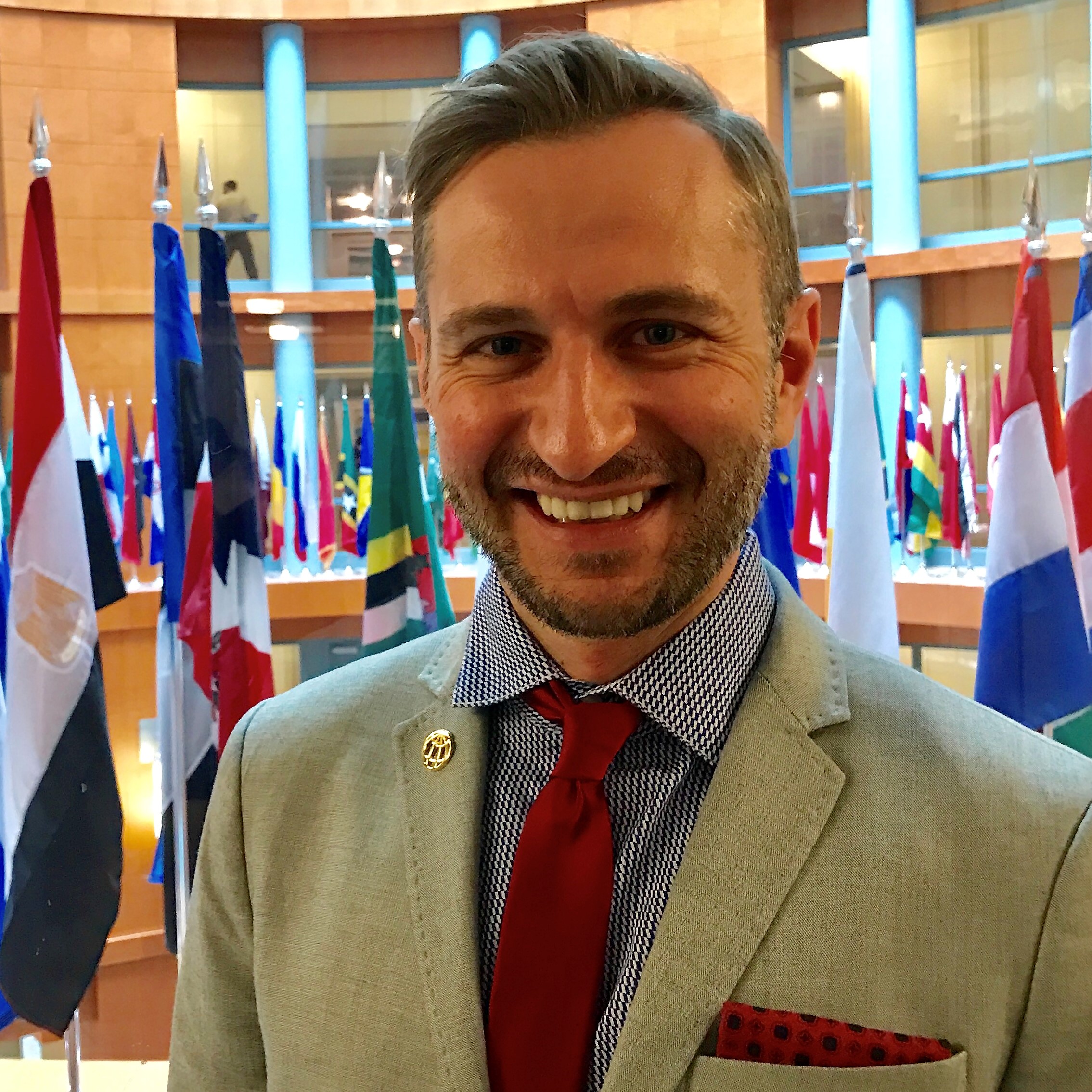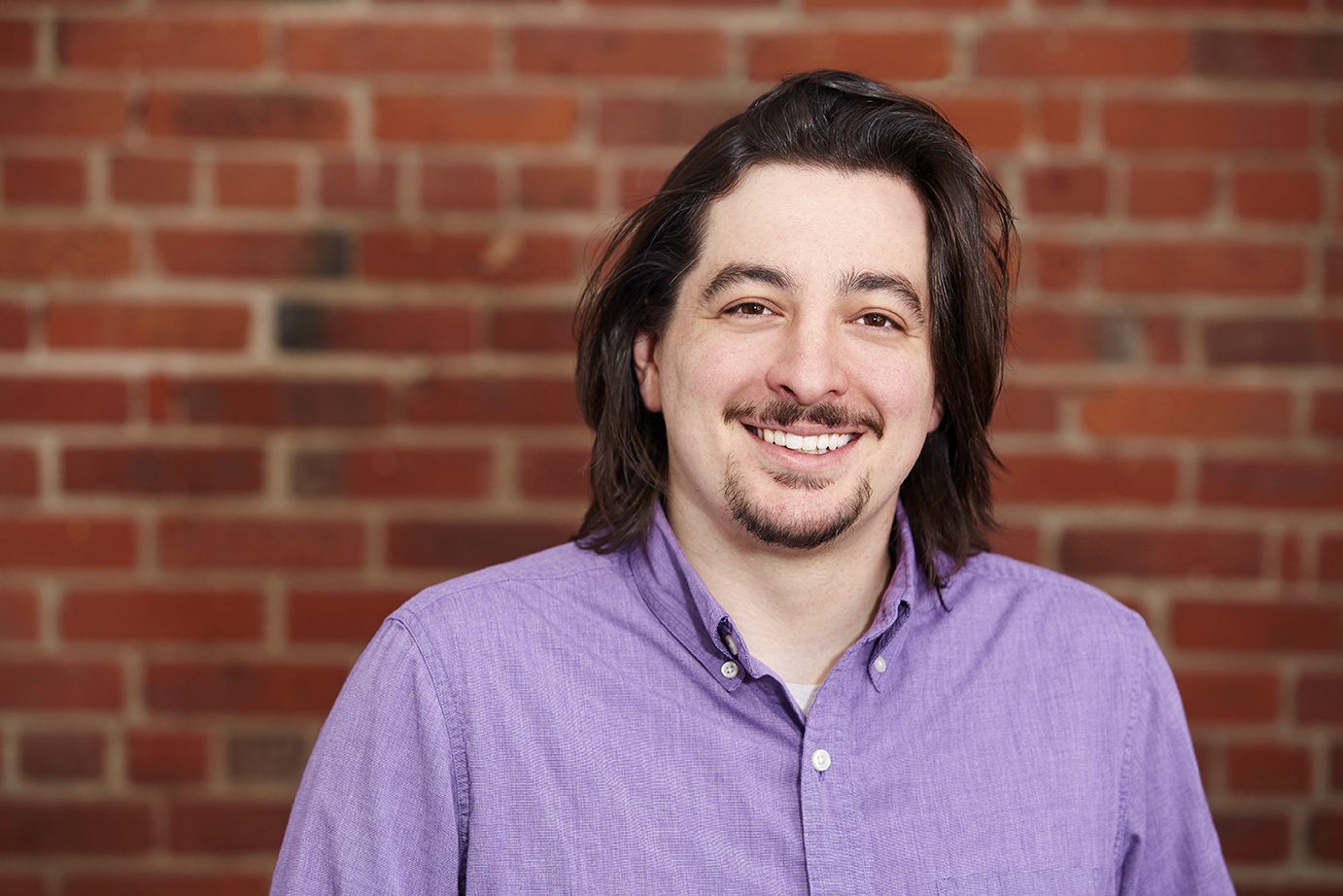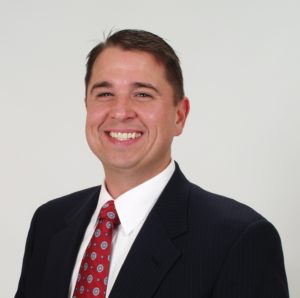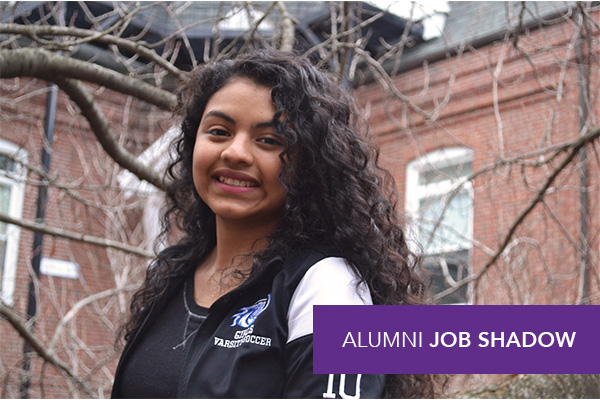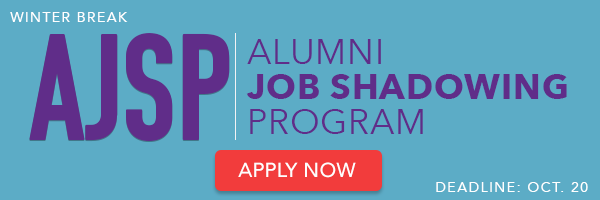Name: Nicholas Harper
Class Year: 2018
Position: Business Analyst
Company: College of the Holy Cross
1. In one sentence, what does your job entail?
As a Business Analyst, I work with the HC Advancement department’s data for a variety of applications, such as analysis and reporting, to improve the efficiency of and generally help support the department.
2. What were you involved in when you were on campus?
During my time on campus, I played with the varsity baseball my freshman year and then club baseball my sophomore, junior and senior years.
3. What was your major and how did it affect your career decisions?
I graduated Holy Cross with a double major in mathematics and economics. Economics pushed me towards pursuing a career in the financial services, which I fully intend to do after finishing my fellowship here at HC. Mathematics opened my eyes to the power of statistics and modeling data, which are hugely influential in decision-making. I plan on attending graduate school for computational finance, which is a fairly natural combination of these two fields.
4. What planned and unplanned events connected you to your industry and your first employer after Holy Cross? How did you learn/decide it was a good fit for you?
After meeting with Deb Paquette, she advised me to apply for the role in the Advancement department. Once I met and interviewed with a few people I knew that it was a place that I would have fun working at and would be able to develop a variety of skills at. Those feelings have been vindicated as I am having a great time here at HC and am learning so much that I know will be extremely helpful once I go to graduate school and in jobs after that.
5. What are one or two skills that you developed at Holy Cross that you use in your work?
The most important skill my Holy Cross education imparted on me is to be a sponge for information. Most of what I do in my work and what I hope to do in the future I learned on the job, so being able to pick up new topics, software, etc. for the particular job I am doing has been extremely helpful. While at Holy Cross I also learned to be confident in sharing my opinions or insights, something that I think a lot of people are afraid to do but which is necessary to be productive in any working environment. Being able to speak up and share my ideas, even if they are wrong, was critical for me in developing the confidence to present and stand behind my work.





